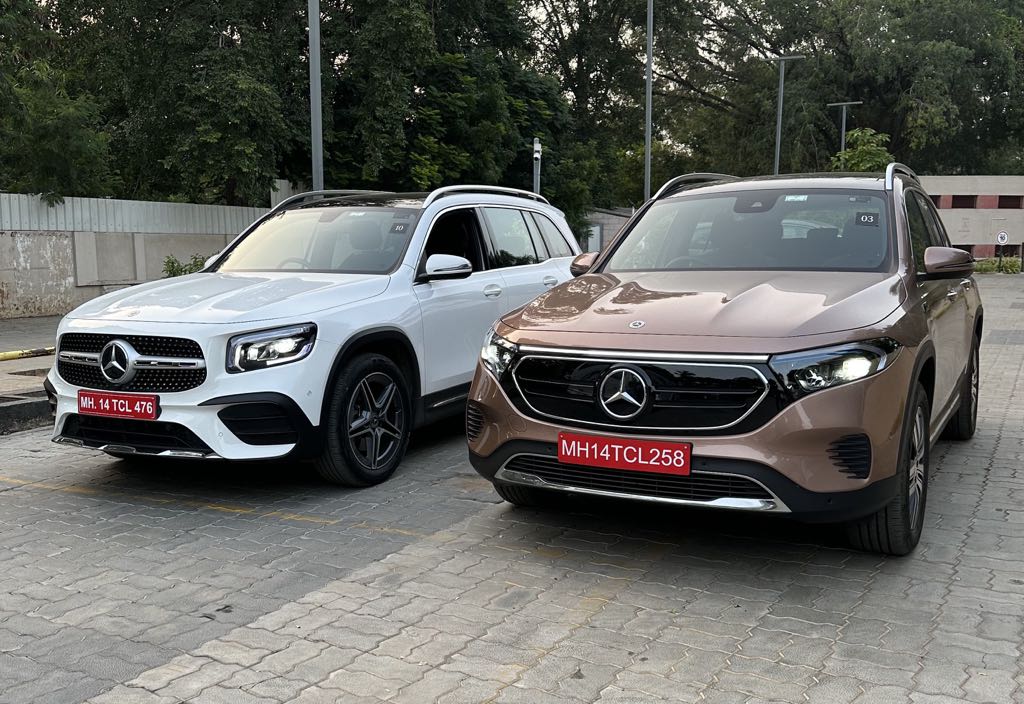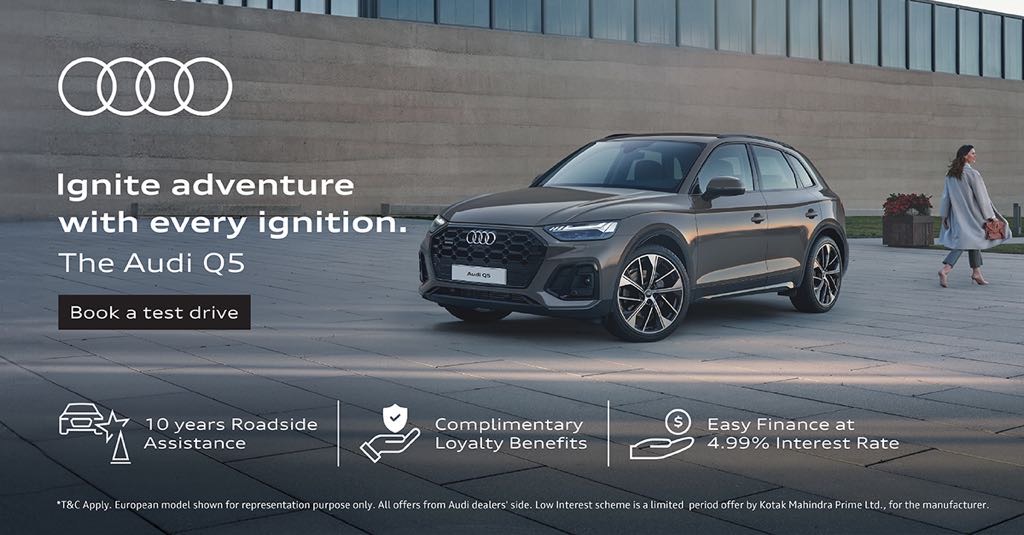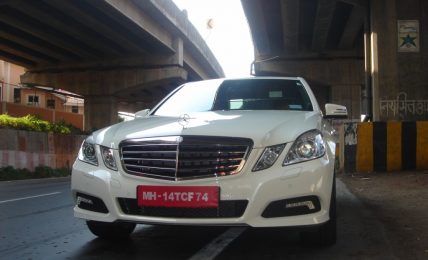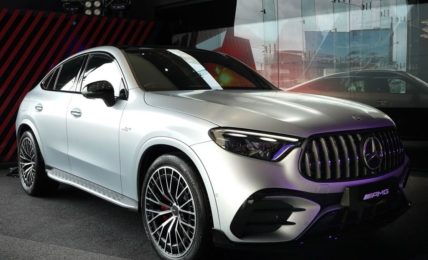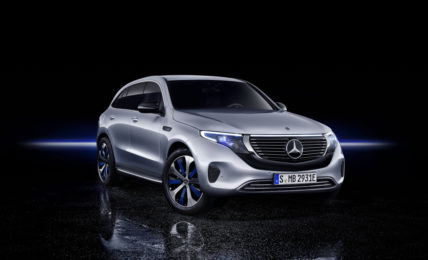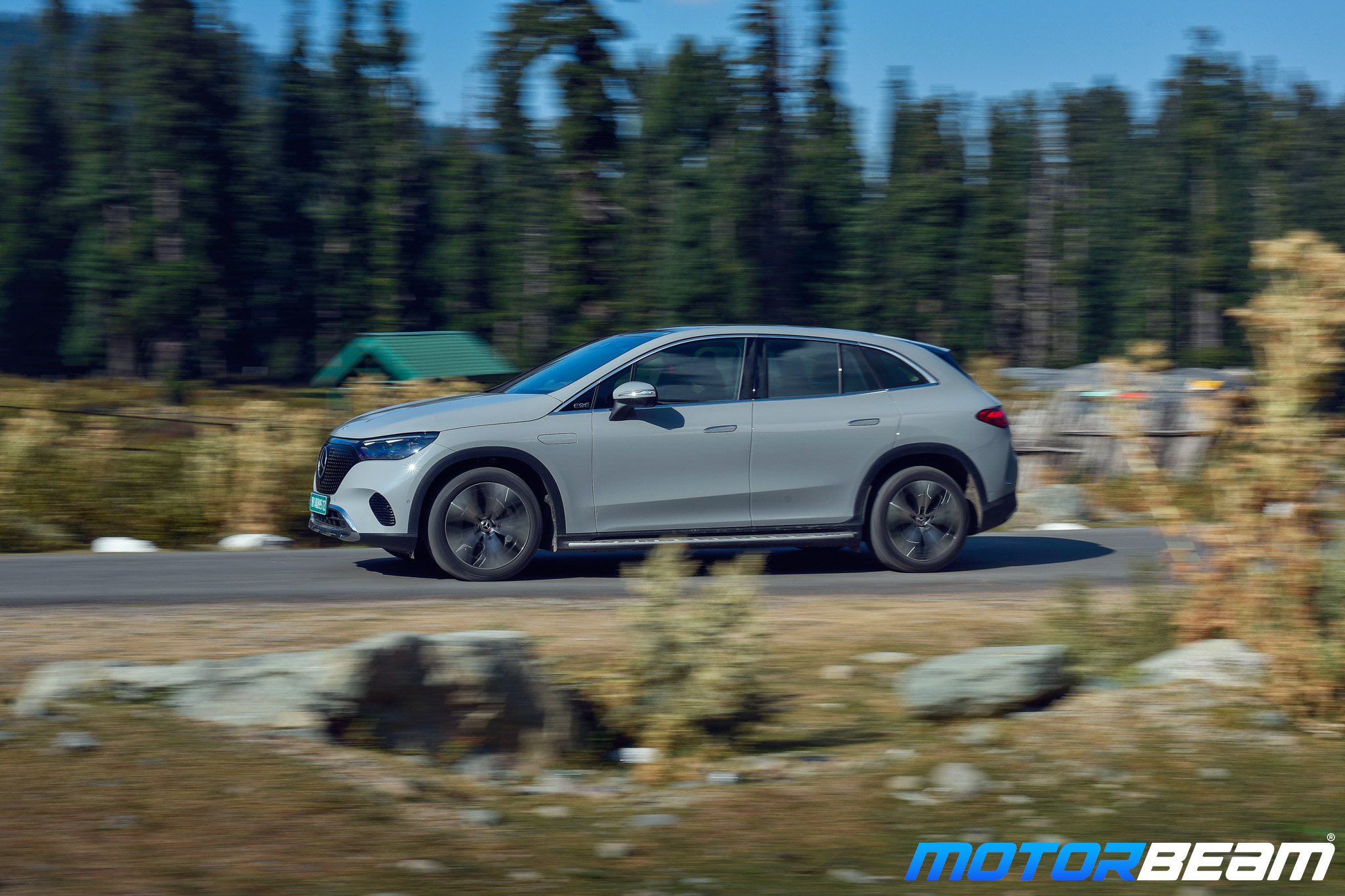
Mercedes to continue making combustion vehicles and hybrids even after 2030s
In a shift reflective of market dynamics, Mercedes-Benz Group AG is recalibrating its approach to electric vehicles, opting for a more measured strategy towards electrification amidst sluggish demand for its high-end electric models.
Chief Executive Officer Ola Källenius, speaking at the company’s annual general meeting, acknowledged the prolonged timeline for the transformation towards electric mobility. Contrary to previous ambitions of achieving full electrification by the end of the decade, Mercedes now anticipates continued production of combustion-engine and hybrid vehicles into the 2030s, depending on consumer demand.
The decision comes on the heels of disappointing sales figures for Mercedes’ luxury electric offerings, such as the EQS and EQE sedans. This move underscores the formidable challenges facing premium automakers in the EV space, including the impact of reduced government subsidies and infrastructure gaps on consumer adoption.
While Mercedes’ margin dipped to 9% in the first quarter, its lowest in over two years, other luxury competitors have seen contrasting fortunes. BMW, for instance, witnessed a notable 41% surge in fully electric vehicle sales during the same period, signalling varying degrees of success in navigating the EV landscape.
Mercedes’ revised strategy represents a departure from the bold vision articulated by Källenius two years ago, which emphasised a shift towards high-end vehicles. Despite initial optimism fuelled by robust orders, the realities of market dynamics have necessitated a recalibration of expectations.
Central to Mercedes’ revised approach is a concerted effort to bolster sales of its premium offerings, including AMG performance models, the Maybach luxury line, G-Wagon and the EQS. However, achieving the targeted 60% increase in sales by 2026 and a corresponding lift in operating margin to around 14% appears increasingly challenging, given prevailing market headwinds.
While conventional vehicles with combustion engines continue to yield significant profits, concerns linger regarding the potential impact on margins and dividends. Janne Werning, head of ESG capital markets and stewardship at shareholder Union Investment, cautions against prolonged investment in legacy technologies at the expense of shareholder returns.
Despite the strategic move, Mercedes’ market valuation has remained relatively static since the announcement of its high-end focus. Analysts suggest that while challenges persist, the company’s strategy of leveraging its core strengths distinguishes it from emerging competitors in the EV space.
Petrolheads must be happy with this move as combustion engines will continue to be offered in the near future. What are your thoughts on this move and the future of electric vehicles in the international market as well as India? Let us know in the comments section.
